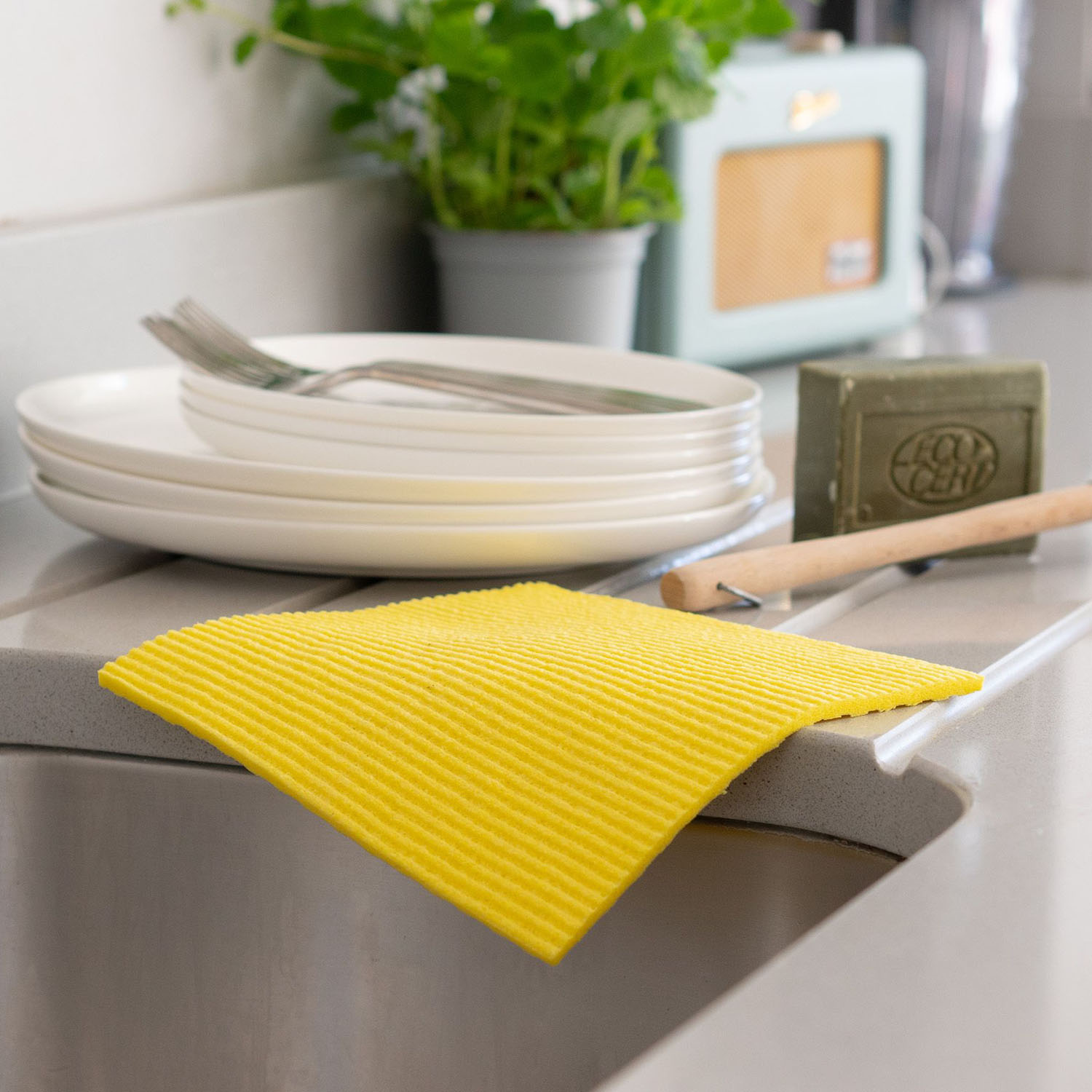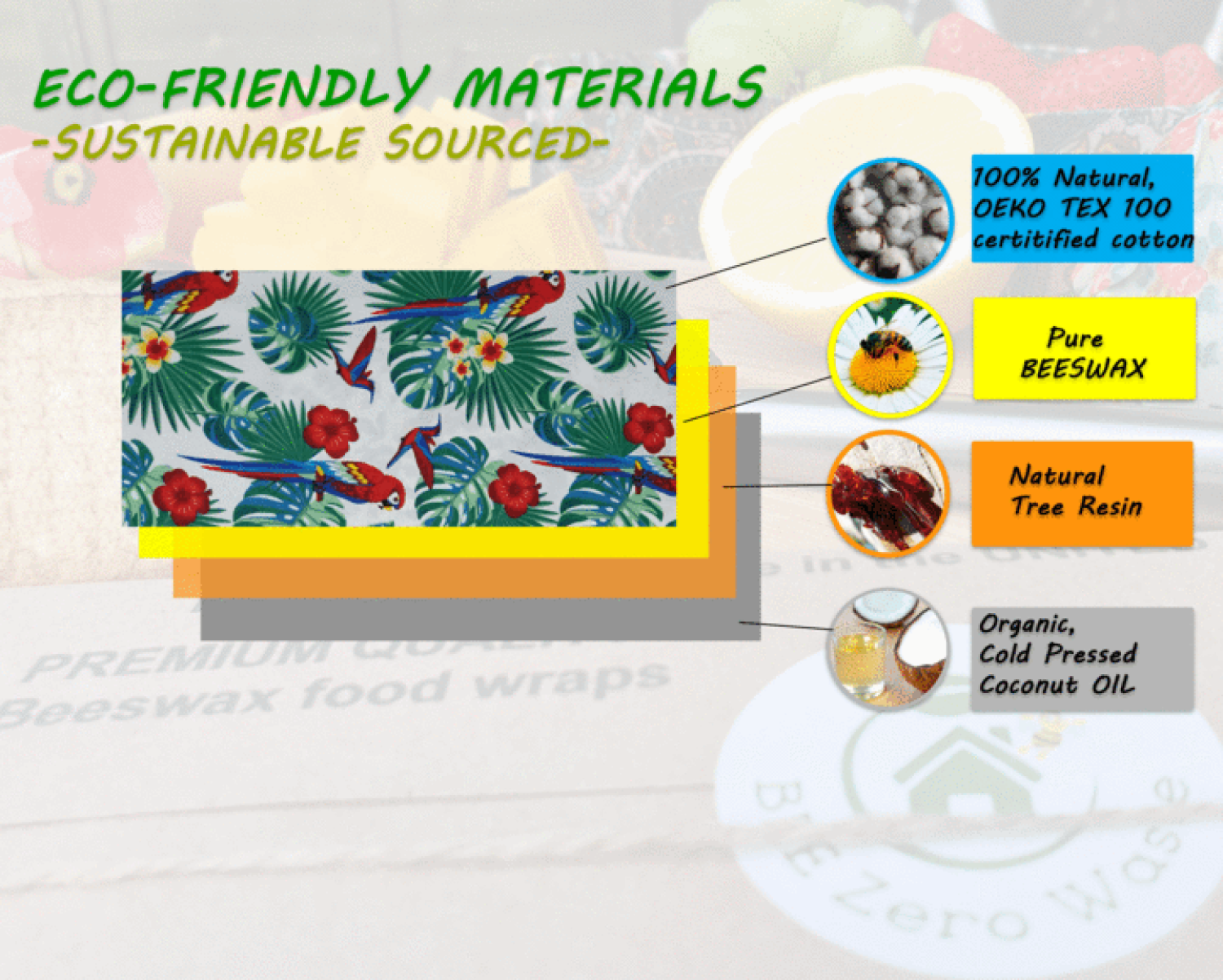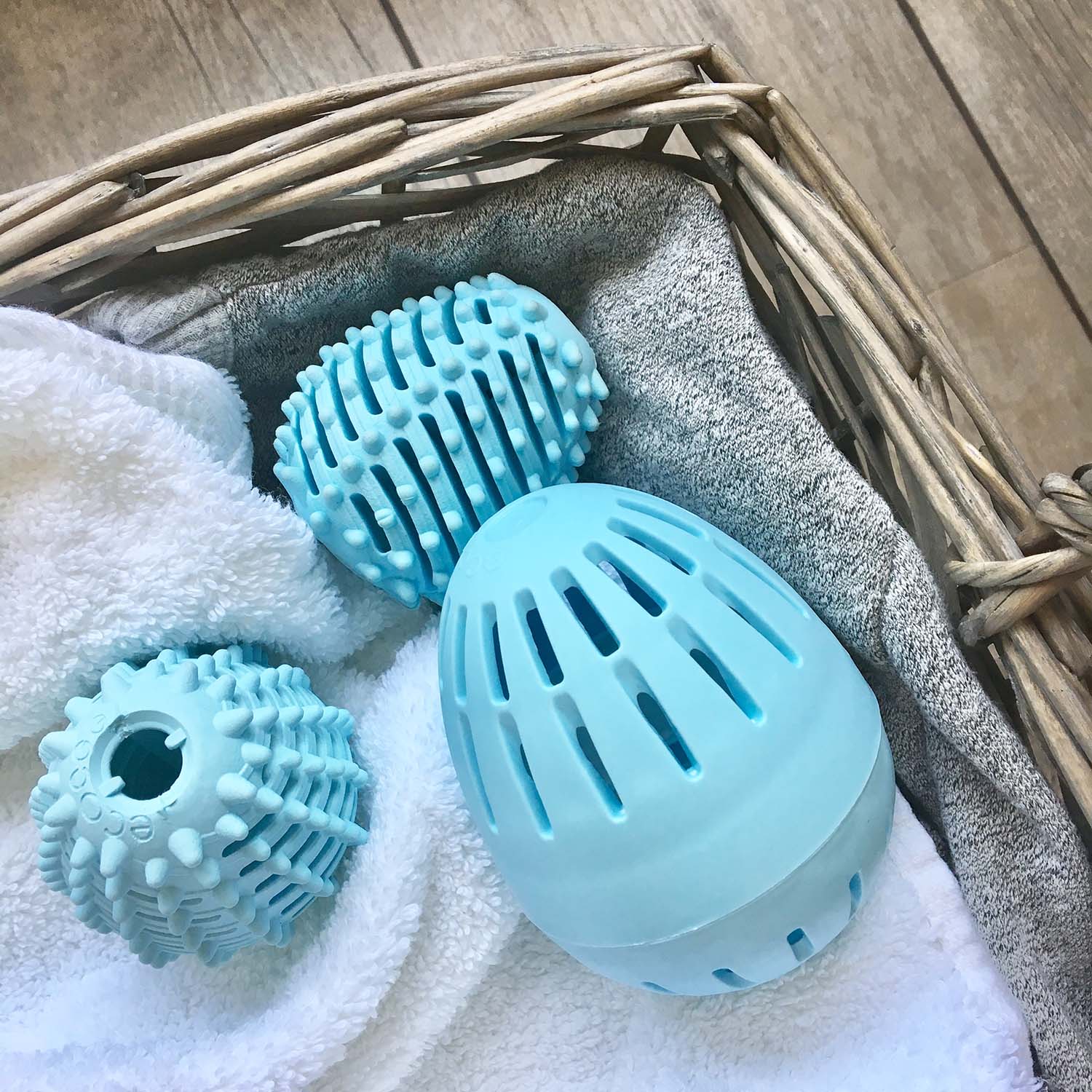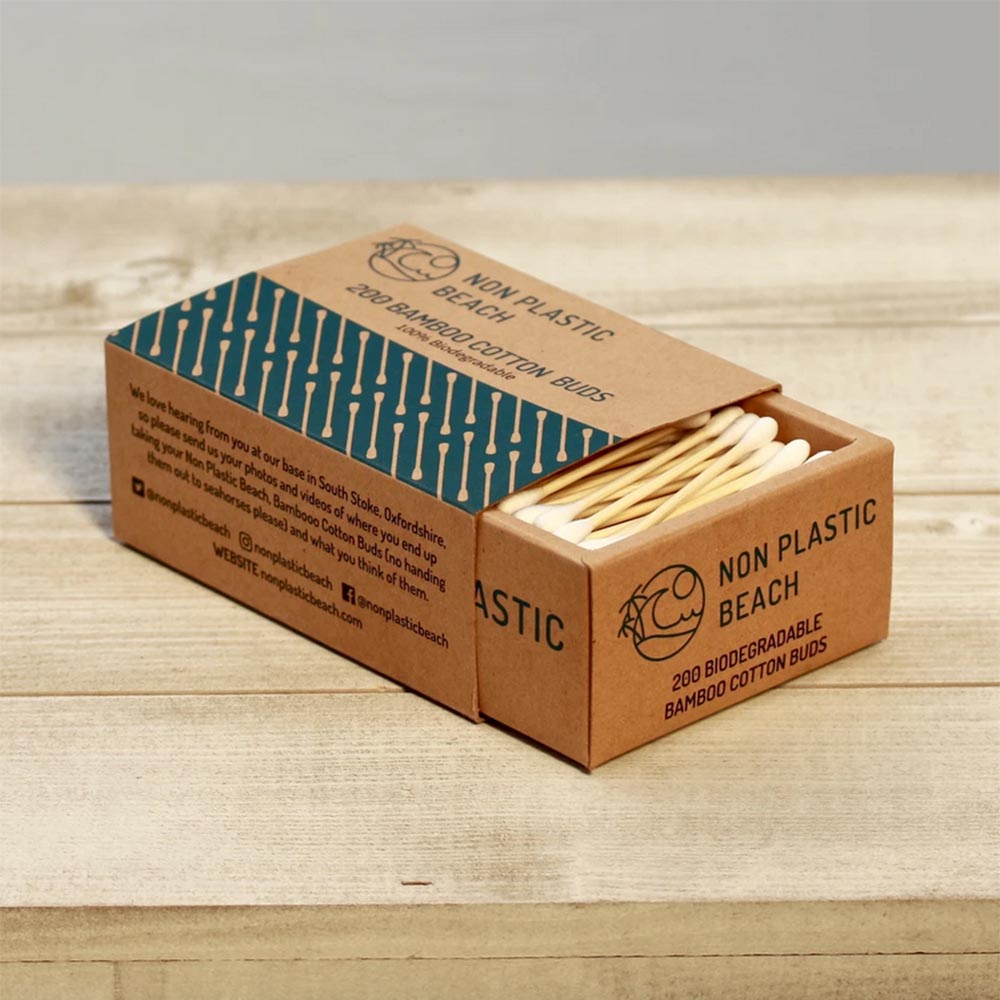What is the difference between vegan, natural and organic products?
Good question! Navigating all of the terminology is incredibly confusing but we’ve done all of the hard work for you.
It’s a minefield out there. Beauty, skincare, diet, cleaning products, you name it. They’re nearly all labelled with some sort of promise, but how do we know what is really going on behind the scenes? Especially as the terms ‘natural’, ‘organic’ and ‘clean’ all seem to blend into the same definition. However, they’re actually a tad more complex than just a label.
What is a natural product?
The demand for natural products has increased massively in recent years. People have woken up to the negative environmental impact of traditional products, and demanded greener alternatives. However, this means that the competition is pretty big too, which is why you should be cautious when taking brands at face value.
To be labelled as ‘natural’, a product only needs to be made of 1% naturally-sourced, plant-based or mineral ingredients, regardless of the other ingredients. We recommend going through the ingredients on the back of the product to really see what it includes. As a rule of thumb, the longer and more hard to pronounce words listed, means there’s less natural ingredients.
Note: 100% natural products will have a considerably shorter shelf life as there will be no chemicals that prolong its life.
Our EcoLiving Compostable Sponge Cleaning Cloths are 100% natural as they’re made from 70% cellulose (an organic compound) and 30% cotton. They’re also vegan and 100% plastic free so they’re the perfect natural alternative to traditional sponges, and they can be composted at the end of their life.

What is an organic product?
For products to be labelled as organic, 95% or more of the ingredients must be organically produced. Only products where all the ingredients are organic can be labelled as ‘100% organic’.
If the product is made up of less than 95% organic ingredients then they must label the percentage of organic ingredients included instead.
In products that contain mostly salt, water or clay (usually found in skincare products like bath salts, face masks and toners), then they may be identified by the Soil Association COSMOS Natural Logo. This guarantees no animal testing and no use of genetically modified ingredients or controversial chemicals, dyes or fragrances.
The key thing to look out for is the Soil Association Logo. This means that the product is sourced and manufactured sustainably (using no pesticides), using organically farmed ingredients. It also means that the product has not been tested on animals, it’s free from harsh chemicals, artificial fragrances and synthetic dyes.
Note: ingredients such as clay, water and salt cannot be organic so if a brand labels them as so, they’re lying. This is because organic regulations only refer to ingredients that have been farmed.
Our BEE Zero Beeswax wraps use Global Organic Textile Standard approved cotton so you can be sure that the cotton is sourced responsibly and manufactured and labelled sustainably. They’re also made with locally sourced natural pine resin, organic jojoba oil and local beeswax.

What is a vegan product?
A product is vegan if it does not contain any animal extracts or animal by-products in the product or manufacturing process. It also means that the product hasn’t been tested on animals. To be sure, look for the Vegan Trademark.
The Cruelty-Free Logo (a leaping bunny) identifies that the product has not been tested on animals. However, this is where it gets complex. Just because a product has not been tested on animals, doesn’t necessarily mean that it’s vegan.
Similarly, a plant-based label isn’t the same as a vegan label. Plant-based products simply contain mostly plant-based ingredients, but not all.
A common misconception is that ‘vegan’ is the same as ‘organic’ because they usually conjure up images of fruit and vegetables, but this is false! A vegan product isn’t guaranteed to be natural or organic as they may still include artificial ingredients.
The ecoegg Laundry Egg and Dyer Eggs make it easy for us. They’re both vegan and cruelty-free so you don’t have to worry! Plus, they’re hypoallergenic and kind to skin as they were designed with sensitive skin in mind.
While Our OceanSaver EcoDrops contain high quality natural ingredients, they are not organic. However, they are non-toxic, vegan and cruelty free and currently in the process of obtaining their cruelty free and vegan certifications, so keep your eyes peeled!

What is a vegan-friendly product?
Vegan-friendly products have not been registered with the Vegan Trademark, however the manufacturer or company claims they’re vegan.
Our Non Plastic Beach products such as the bamboo cotton buds and bamboo toothbrushes are vegan friendly and cruelty free.
Navigating the minefield may be tough at first, but once you know what you’re looking for then it makes your life a whole lot easier. But remember, these terms don’t exist simultaneously, they refer to different things.
Essentially, our top tips are read the ingredient label and look out for the certified logos so you know exactly what you’re bringing home with you! If you’re ever unsure what a particular ingredient is, a quick google will tell you.

We make sustainable living easy, so join our Home Club for all the latest tips and eco-swaps.
0333 123 5464